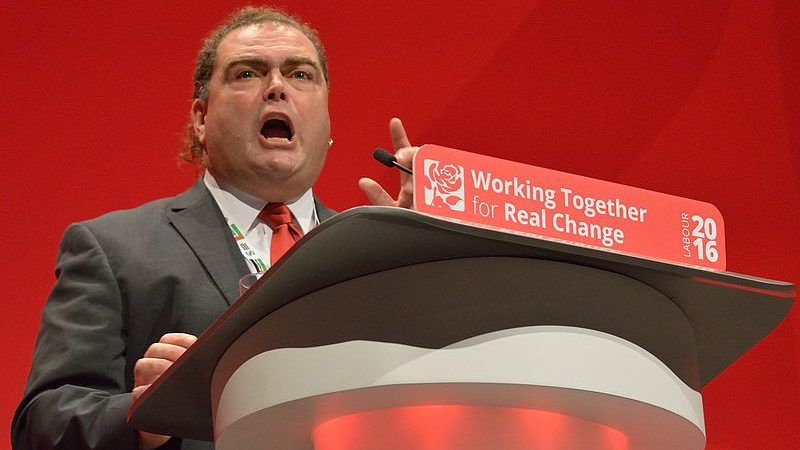
Sat in a cosy pub in Doncaster on a cold night in December 2019, I was struck by the pessimism of the local MP. While regulars played games of darts and a dog roamed the bar area, our parlour game that night was predicting how many seats Labour would win or lose. It was election night and after weeks of pounding the pavements campaigning, former Labour leader Ed Miliband was predicting the fewest seats among our players that evening. Sadly, that pessimism was realism and Labour lost a historic number of seats, including many Red Wall constituencies for the first time.
18 months on, in the heat of summer and an ongoing pandemic, Labour still lags in the polls. We have lost Hartlepool, and are being tested again in a by-election in Batley and Spen. Are we repeating our mistakes? We cannot afford to do so. Some solutions have been identified, but not yet grasped by the leadership.
In the aftermath of the election result, I joined the non-factional Labour Together review team to pick over the facts, keeping everything on the table, agreeing there would be no ‘no-go’ areas. It was a sobering experience: Labour lost votes across every region and country across Britain. While our vote share consolidated in cities, especially London, it declined in most small, medium and large towns.
I visited almost every region during the 2019 election campaign and there were clearly themes to the feedback that we got on the doorstep. We all accept the unpopularity of Jeremy Corbyn was a factor in that general election. But we’ve lost four million votes since 1997. The report tells a story about the loss of support in Scotland, something that multiple leaders have struggled to reverse, and the atrophy of votes in working-class areas, weakened roots and a feeling that Labour no longer represents people. Our loss of older voters, and many Brexit voters, was another stark factor.
How to tackle this? For me, the key message in the LT report was the proactive call to reconnect with voters and communities, and the need to build a popular movement involving members, affiliated trade unionists and campaign allies. The official name is ‘community organising’, something that my own union, TSSA, has supportive experience in.
For both Labour and our trade unions, our members and our movement are our greatest strength. Unleashing the full potential of that army of volunteers is a powerful thing. The LT report strongly recommended making community organising central to what we do as a Labour Party, making our party relevant to voters and putting relationship building at its heart. To be outward-looking and championing the communities we want to represent in parliament, we must organise in those communities and workplaces all year round to be truly representative of them.
I was beyond disappointed when Labour’s community organising unit was disbanded last year. It takes months and years to reap the rewards of painstakingly crafted community organising networks and campaigns. Among the devastating results of 2019, there was evidence that community organising was having an impact. There was a 2% smaller swing away from Labour in areas where community organising had been visible and active, including in Leave-voting seats, and in Yorkshire it was 3% smaller. Labour’s win in Putney was directly attributable to community organisers who had run effective housing campaigns and mobilised trained activists. It was a similar story in Sheffield Hallam – a seat with a limited chance of Labour holding after an unexpected win in 2017.
Shelving community organising is a mistake and I urge the Labour leadership to take another look and reinstate this vital work. Yes, much must be done on digital campaigning, policy creation and strategy, but for me and many others it is the organic connection between Labour and local communities that is the key factor. Returning to that cosy pub on election night, it’s clear to me now that while many of the locals liked Ed – an MP embedded in the local community – they had fallen out of love with Labour over a long period. Ed was reelected, but 60 of his parliamentary colleagues weren’t, and the challenge to win back voters must come from within communities.


More from LabourList
Exclusive: Poll shows Starmer more trusted than PM on Middle East crisis
Revealed: Poll shows 1 in 4 Tory voters says Rayner faces ‘smear campaign’
‘Ignore the noise – the soft left is alive and well in Open Labour and beyond’